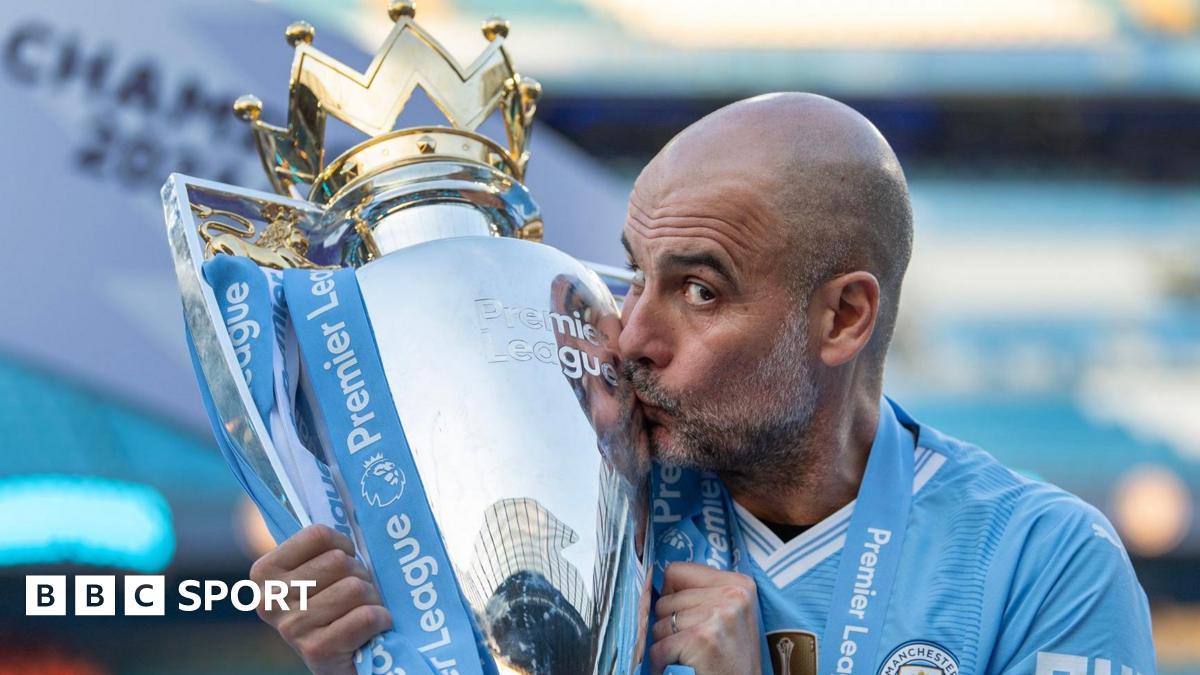The Tim David story: Numerous ups and downs, finding peace in discomfort to historic 129m six

Tim David etched his name in T20I history by smashing the biggest six ever recorded, a colossal 129 meters. His explosive 74 off 38 balls against India showcased his dominance, particularly against spin. Promoted up the order, David's transition from finisher to top-order batsman has yielded remarkable success, including Australia's fastest T20I century.Tim David of Australia (Getty Images)NEW DELHI: As Tim David sliced an inswinging yorker by Jasprit Bumrah in the third T20I, the ball flew towards Washington Sundar who failed to hold on. While Bumrah looked on silently, the impact of this mistake was felt just a few deliveries later by Axar Patel, who was slammed for a 129-metre six by David. Go Beyond The Boundary with our YouTube channel. SUBSCRIBE NOW! "This six should've gotten Australia 12 runs," read Kevin Pietersen 's reaction on X. David's stroke recorded the biggest six ever struck in a T20I match, scripting history. Not content with this, the Australian smashed 74(38) in a knock comprising eight fours and five sixes, grabbing eyeballs with his dominance against quality spin.India cricketers look very happy after win over Australia | Visuals from groundDavid has been exceedingly impressive in 2025, recording the highest T20I strike-rate (197.50) among batters from full member nations who've scored at least 150 runs. The 29-year-old cricketer's T20I strike-rate in powerplay during the ongoing year is 215.55, which is the best among players who have scored at least 60 runs. Interestingly, David had never batted in the powerplay for Australia before July 2025, having featured more prominently as a lower-order finisher. However, the team management's decision to promote him up the order has paid rich dividends, as evident from his 37-ball century against West Indies in July, which recorded Australia's fastest T20I ton. "One of the bits of feedback I gave David was regarding batting too low in a lot of competitions. He batted at number seven and eight at times for MI. The problem is when you're as good as David at lower-order hitting, teams often send players who can't perform the same role ahead. Being promoted up the order by his Big Bash League (BBL) franchise Hobart Hurricanes during the tournament's 2024/25 edition emerged as a major turning point," said David's coach Jim Allenby in an exclusive interaction with TimesofIndia.com. The 29-year-old cricketer smashed 254 runs in 11 matches at a strike rate of 177.62 in BBL 2024/25, helping the Hurricanes clinch the title. "He was really keen to bat early. David further expressed his desire to bat up the order to the Australian team management, which they were keen on. Batting at number four has worked out wonderfully. David can score a century if he gets a chance to face 40 balls. Moving up the order was overdue," he added. Allenby first met David when the latter was five or six years old and was very impressed by the desire to try different things. The Australian cricketer demonstrated a desire to bat at every position and even attempted to bowl medium pace, off-spin as well as contribute with the gloves. David relied on skill, finesse and placement as a batter during his early years, showcasing calibre especially while playing cut and sweep shots. "He was a very good four-day cricketer. To be honest, when I started coaching him regularly, I actually thought David was probably going to be more of a first-class cricketer as his batting was more suited to that. You can witness a mixture of finesse and power in his strokes which make him such a threat. There is a lot of craft involved which came from his upbringing as a cricketer who could bat time and score red-ball hundreds," said Allenby. David initially found opportunities hard to come by despite breaking records and delivering quality performances. While the 29-year-old cricketer was eager to represent Western Australia in first-class matches due to his love for red-ball cricket, being dropped from the squad emerged as a major setback. "David was released by the Perth Scorchers as well, resulting in him opting to represent Singapore out of desperation to play cricket. That setback also left him in a bleak scenario where he had to decide how he wanted his career to proceed. Many people would have given up but David decided to focus his complete efforts towards becoming the best T20 cricketer. It meant sacrificing his love for red-ball cricket but a conscious call was taken to go all in," said Allenby. "His training changed quite dramatically from traditional technical work with some hitting to power hitting and T20-based cricket. The sessions can be very long and demanding. He invests a lot of time behind fine-tuning a technique and swing which will give him the best chance of being a consistent striker rather than attempting to just slog. It's very tough mentally because you need to constantly operate at 100 per cent. David is very detail-oriented. Just look at the purity of the swing, acceleration through the ball and weight transfer while smashing that 129-metre six. David has gone to a really high extreme in terms of how hard he can hit the ball while ensuring technical astuteness and that has been possible because of the high-intensity sessions where he faces 500 balls at least," he added. David has witnessed a journey full of numerous ups and downs involving a lot of sacrifices which Allenby similarly experienced during his journey as a cricketer. Both individuals had to pursue their cricketing careers in different nations, finding peace in discomfort after leaving home turf. "I was desperate to play for Western Australia like David but eventually shifted base to England for playing county cricket due to lack of opportunities. You can moan about things not going your way or take a risk and find a place that values you more. A lot of sacrifices were involved. There were many ups and downs but David was willing to find peace in being uncomfortable," said Allenby. "Travelling on overnight flights for matches in some weird and wonderful places just to get better, adjusting in a new environment without the presence of your family can be a lot harder than most people realise. Travel's tough, you don't always have a lot of money, but you've got to make do and deal with disappointment as well. However, constant familial support and David's ability to convert disappointment into quiet determination has held him in good stead," he added.End of Article










